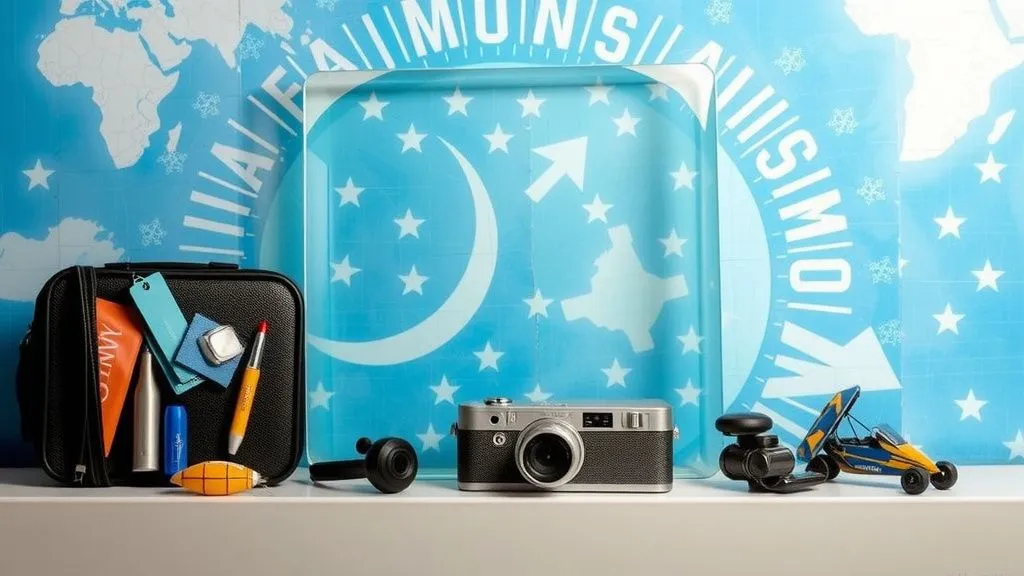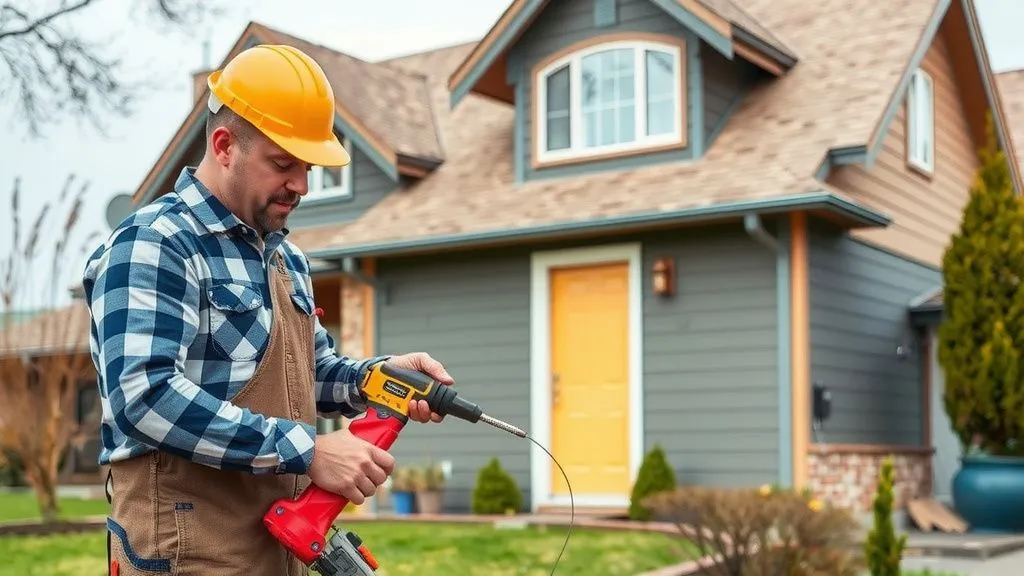Tips for Saving Money on Hobbies
Engaging in hobbies is a great way to relax, explore new interests, and express your creativity. However, hobbies can sometimes become expensive, especially if you're not careful with your spending. In this article, we'll share some valuable tips on how to save money on hobbies without sacrificing the enjoyment or quality of your experience.
1. Set a Budget
Before diving into any hobby, it's essential to set a budget and stick to it. Determine how much you're willing to spend on supplies, equipment, or memberships and make sure not to exceed that limit. This will help you stay in control of your expenses and avoid unnecessary financial strain.
2. Buy Used Equipment
When starting a new hobby or upgrading your existing gear, consider buying used equipment instead of brand new items. Check online marketplaces, local classifieds, or specialty stores that sell second-hand items. You can often find high-quality products at significantly lower prices.
Example:
"I saved over 50% by purchasing a used camera lens from a photographer who was upgrading their equipment."
3. Look for Discounts and Deals
Keep an eye out for discounts and deals offered by retailers or online platforms dedicated to hobbies. Sign up for newsletters or follow social media accounts of relevant stores to be informed about upcoming sales or promotions. You can also use coupon websites or browser extensions that automatically apply discounts during online checkout.
Example:
"By using a coupon code I found online, I got 20% off my art supplies order."
4. Borrow or Rent Equipment
If you're unsure whether a particular hobby is right for you or if you only need certain equipment temporarily, consider borrowing from friends, family members, or local community centers. Additionally, some places offer equipment rental services, allowing you to use high-quality gear without the long-term commitment or financial burden.
5. DIY and Repurpose
Get creative and explore do-it-yourself (DIY) projects or repurposing existing items for your hobby needs. For example, instead of buying expensive organizers for your crafting supplies, you can repurpose old jars or containers. This not only saves money but also adds a personal touch to your hobby setup.
6. Join Online Communities
Joining online communities and forums dedicated to your hobby can provide valuable insights and resources for saving money. Members often share tips on finding affordable supplies, recommend budget-friendly alternatives, or even organize group buys to get better deals from suppliers.
Example:
"Through an online community, I discovered a local group that buys art materials in bulk, resulting in significant savings."
7. Take Advantage of Free Resources
Explore the wealth of free resources available online for various hobbies. From tutorials and patterns to instructional videos and templates, you can find a wide range of helpful materials without spending a dime. Take advantage of these resources to enhance your skills and reduce costs.
Example:
"I learned how to play the guitar using free tutorials available on YouTube instead of paying for expensive lessons."
8. Practice Minimalism
Avoid falling into the trap of constantly buying new supplies or equipment just because they're trendy or appealing. Instead, focus on mastering your craft with what you already have. By embracing minimalism within your hobby, you'll not only save money but also develop resourcefulness and creativity by working within limitations.
9. Sell Unused Items
If you have hobbies that require specific tools or materials, chances are you've accumulated items that you no longer use. Consider selling these unused or unwanted items online or at local swap meets. Not only will this declutter your space, but it can also generate some extra cash to invest in your current interests.
10. Plan Ahead for Large Purchases
If there's a big-ticket item you're eyeing for your hobby, plan ahead and save up for it instead of rushing into the purchase. Set aside a portion of your monthly budget specifically for this purpose until you reach the required amount. This way, you'll be able to make the purchase without straining your finances or going into debt.
Example:
"I saved up for several months to buy a high-quality sewing machine at full price instead of settling for a cheaper alternative that wouldn't meet my needs."
By implementing these tips, you can enjoy your hobbies while keeping costs under control. Remember, saving money doesn't mean compromising on quality or enjoyment; it simply requires being mindful of your spending and exploring smart alternatives.


